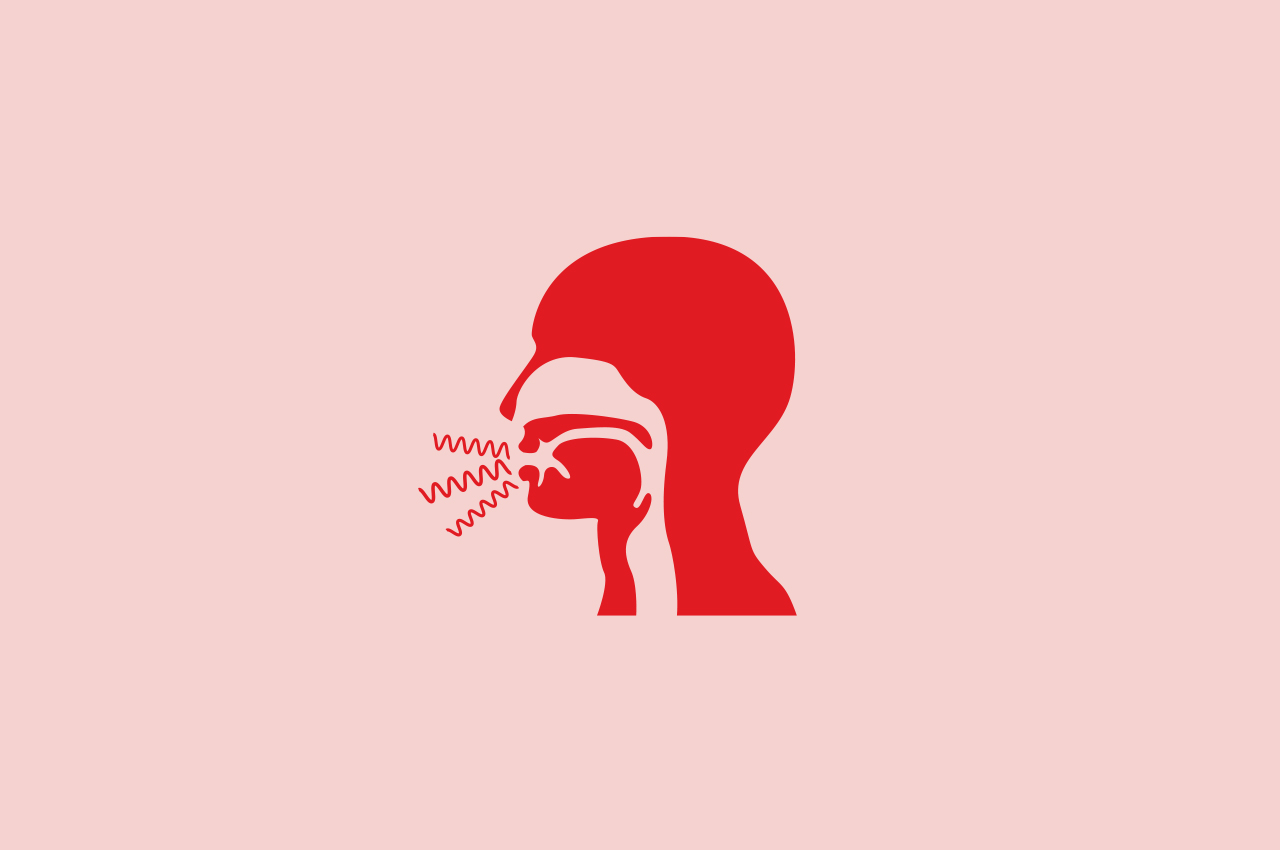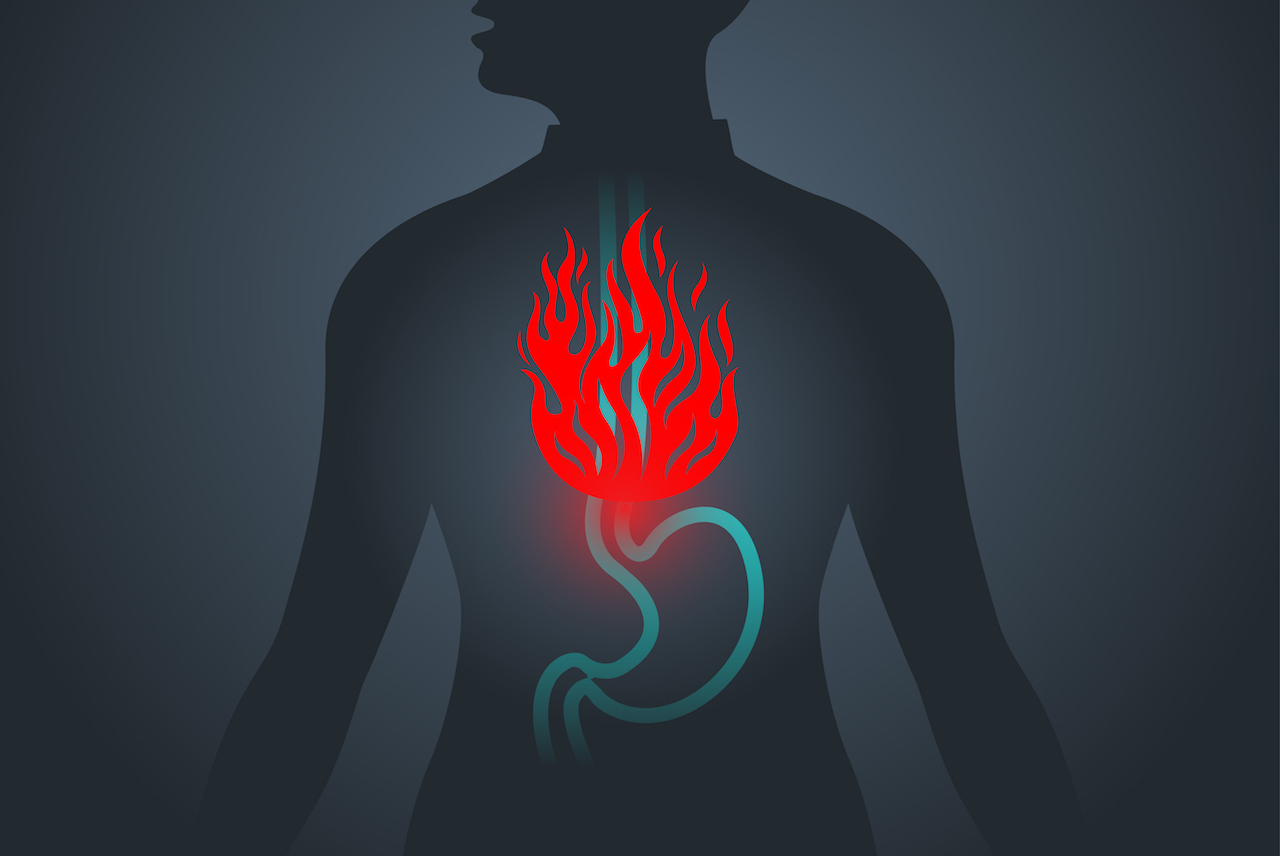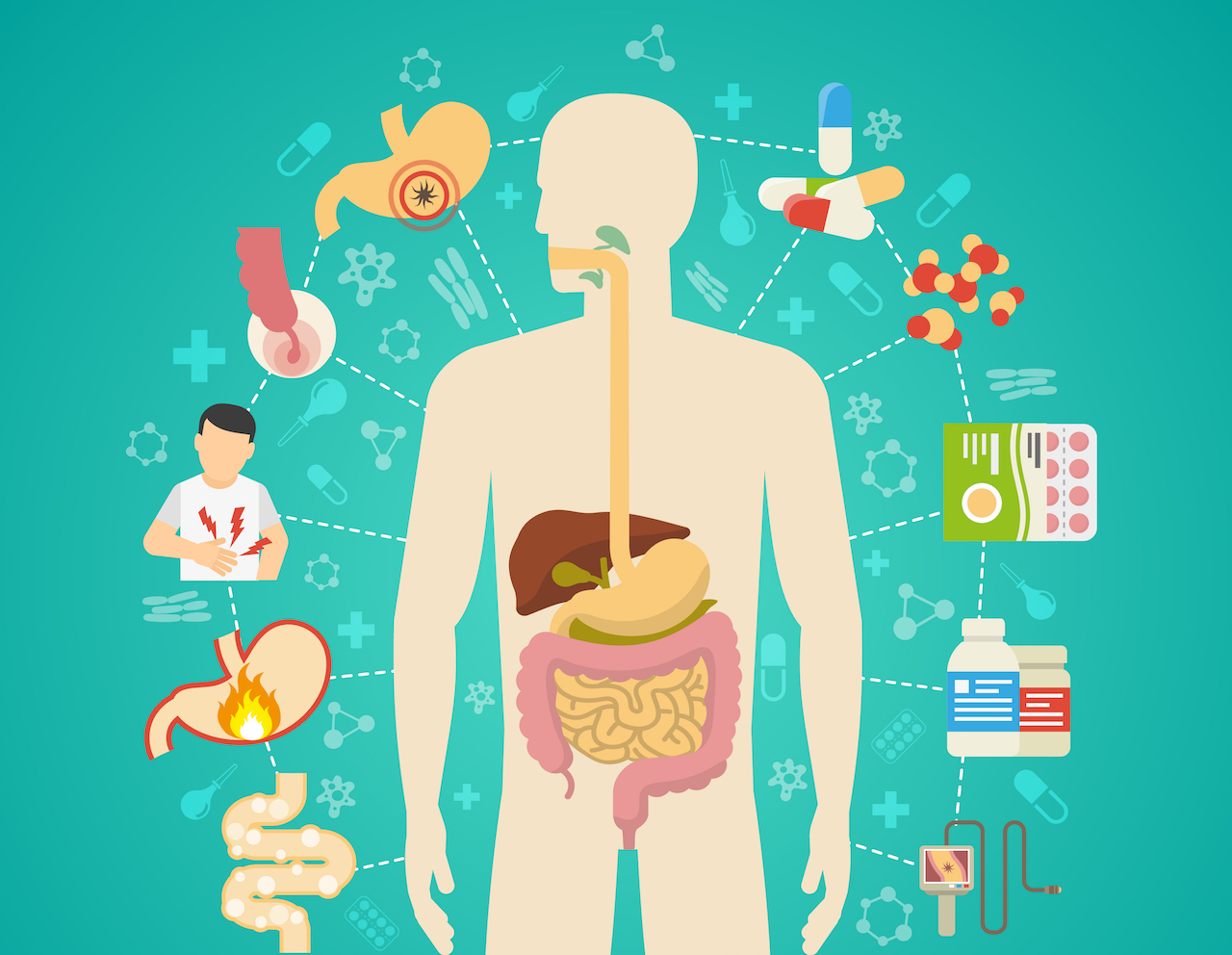Nodules and polyps are growths in the midpoint of your vocal folds. They can change the way your voice sounds.
When you talk, air moves from your lungs through the vocal folds to your mouth. The vocal folds vibrate to produce sound so when you use your voice the wrong way, your vocal folds may swell. Your vocal folds are inside your voice box and anything that makes it harder for the vocal folds to vibrate can cause a voice problem.
Vocal cord nodules are growths that form on the vocal folds. They’re benign and not cancerous. Over time, the swollen spots can get harder, larger and stiffer if you continue to abuse your voice.
Polyps are bigger than nodules and they can occur on one or both vocal folds. They may look like a swollen spot or bump, a blister, or a thin, long growth.
To get a better understanding, think of a nodule as callous and polyp as a blister.
Vocal nodules typically make your voice hoarse, and it may sound raspy or breathy too.
When you have vocal nodules, you will find it difficult to hold a note for long periods of time. You may also struggle to sing very high or low notes or speak in a very high or deep voice.
Causes
Vocal cord nodules usually develop due to chronic abuse of the voice over time, like continued straining, shouting and frequent singing. Ongoing friction between the vocal cords creates callous-like growths.
Gastroesophageal reflux disease (GERD) can cause more swelling and inflammation, which worsens symptoms of vocal cord nodules.
Symptoms
- Hoarseness
- A rough, scratchy or harsh-sounding voice
- Shooting pain from ear to ear
- Feeling like you have lump in your throat
- Neck pain
- Less ability to change your pitch
- Voice and body fatigue
How are vocal cord disorders diagnosed?
Should there be any changes in your voice that last for more than 2 weeks, be sure to inform your doctor.
Vocal cord nodules can be diagnosed using the following procedures:
Laryngoscopy: Your doctor will place a spaghetti-like camera in your nose and down the throat. This is done to have a look at the voice box, or larynx.
Stroboscopy: A small, thin, flexible endoscope with a camera is gently inserted through the nose to the area in the back of the throat above the vocal cords. This evaluates the motion and vibration of your vocal cords when there are concerns regarding the strength, pitch and quality of your voice.
Treatment
It can take time and patience for vocal nodules to heal. You will need to practice vocal hygiene and voice therapy.
The practice of good vocal hygiene includes:
- Avoiding shouting and screaming
- Drinking plenty of water
- Maintaining a healthy diet
Try and manage symptoms of reflux and allergies. Usually the swelling of the vocal folds that lead to nodules are triggered by regurgitation, so reflux management is strongly recommended.







